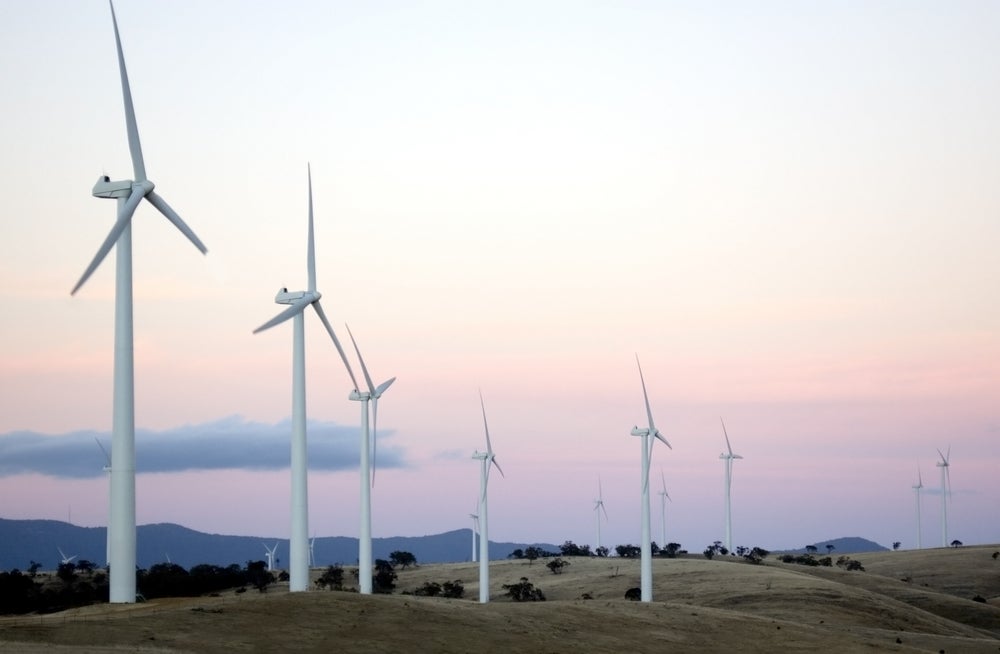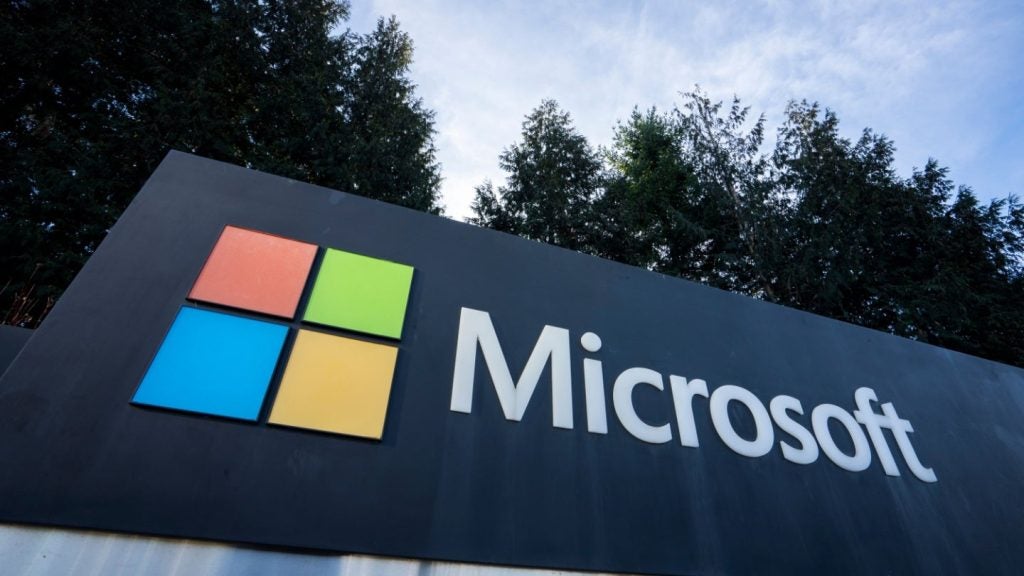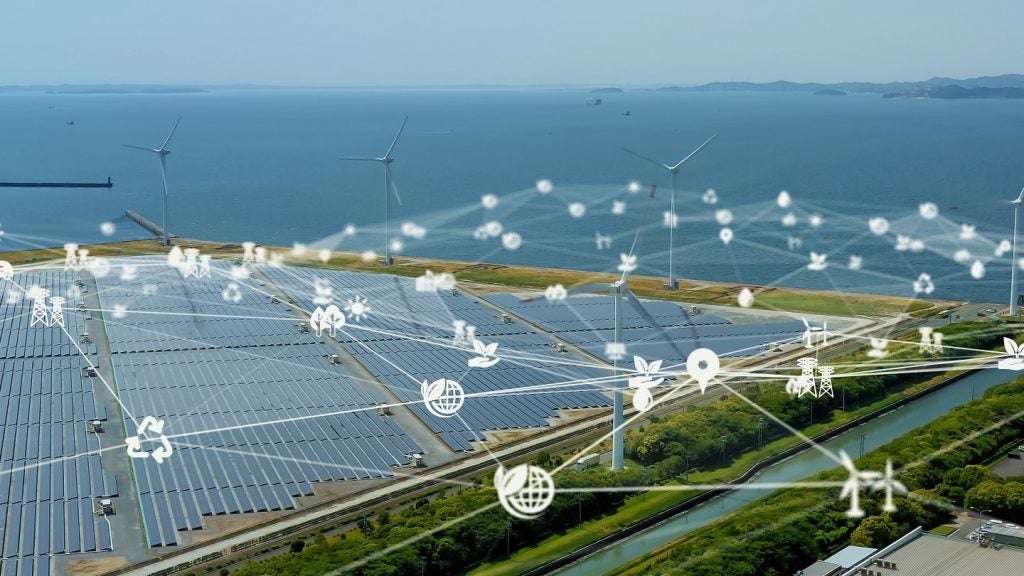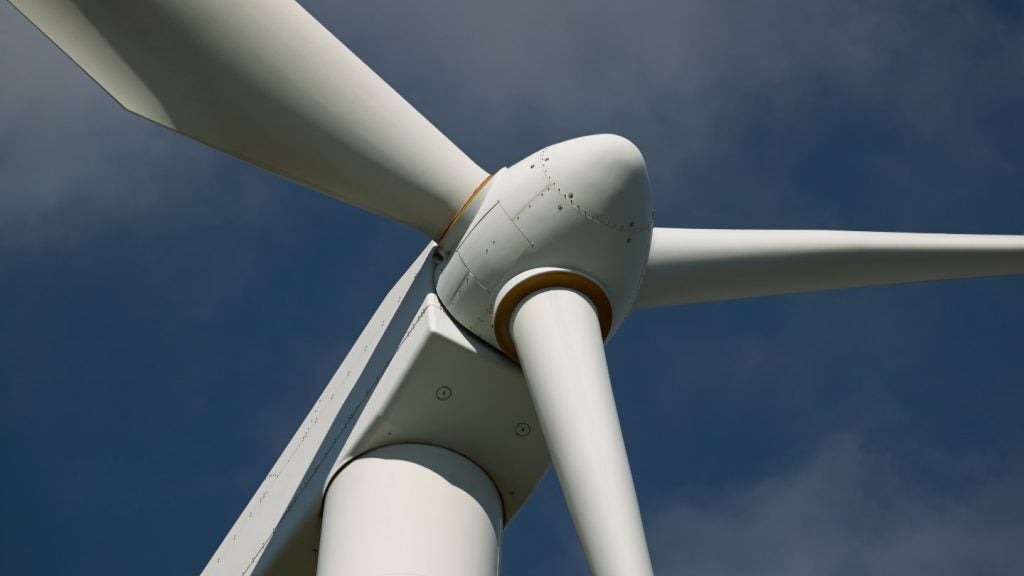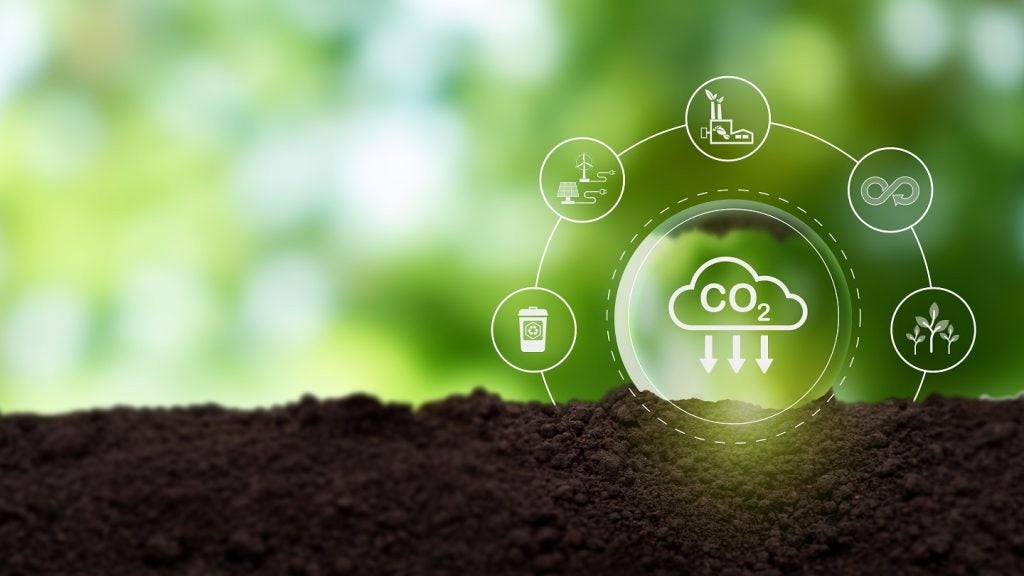By 2027, GlobalData estimates the renewable energy market will be worth $644trn – an increase of 25% since 2022. Renewables offer a way to improve the resiliency and security of power supplies, and they make strong economic sense too. In 2021, the need to reduce dependency on fossil fuel imports was highlighted by rocketing energy prices in Europe.
Of course, climate change is and always will be the key driver behind clean energy investments. Last year being the world’s hottest on record was no anomaly considering that all ten of the warmest years since 1850 have occurred within the last decade. Around the world, governments are realising the importance of renewable energy projects in securing a healthy and prosperous future for the next generations.
Such commitments are certainly paying off in the city of Melbourne in Victoria, Australia, which topped Euromonitor’s list of the world’s top destinations for sustainability in 2023. According to a Committee for Melbourne report, one third of the city’s electricity comes from renewable resources, the third-highest percentage in its peer group.
By 2050, Melbourne plans to be carbon neutral. The city’s Climate Change Mitigation Strategy was published in 2018, one year after the Victoria Climate Change Act. The strategy lays out a transition to 100% renewable energy as its top priority.
The Melbourne Renewable Energy Hub (MREH) – a A$1.1bn ($734.5m) energy storage facility currently under construction – will play a key role. Set to be one of the biggest batteries in the world, the MREH will stabilise Victoria’s clean energy infrastructure, allowing increased solar and wind integration at lower prices and with reduced volatility.
While the local council has no policy control or ownership over its electricity grid, clean energy ambitions have united the City of Melbourne with other large energy users in the community in a power purchasing agreement. In 2017, the Melbourne Renewable Energy Project saw the local council join forces with 14 partners from a wide range of sectors to collectively purchase 88 gigawatt-hours of renewable energy per year. This supported the construction of a 39-turbine, 80MW wind farm, which now provides the power for 100% of the partners’ facilities.
The future of battery energy storage is in Melbourne
With Melbourne’s world-leading reputation for sustainability, the city has become a hotbed for clean tech companies. Perhaps one of the most exciting stories to emerge from this scene is Relectrify, founded in 2015. The company was born out of a University of Melbourne PhD project centred on battery longevity, with an idea to solve the problem of individual weak cells limiting the performance of entire battery packs.
“The original – simple – technical idea has proven to offer a hugely compelling proposition that is disrupting the conventional ways that energy storage systems are made,” says Ben Shepherd, the company’s chief product officer. “Now Relectrify is on a mission to engineer the future of energy storage to create a world abundant with clean and renewable power.”
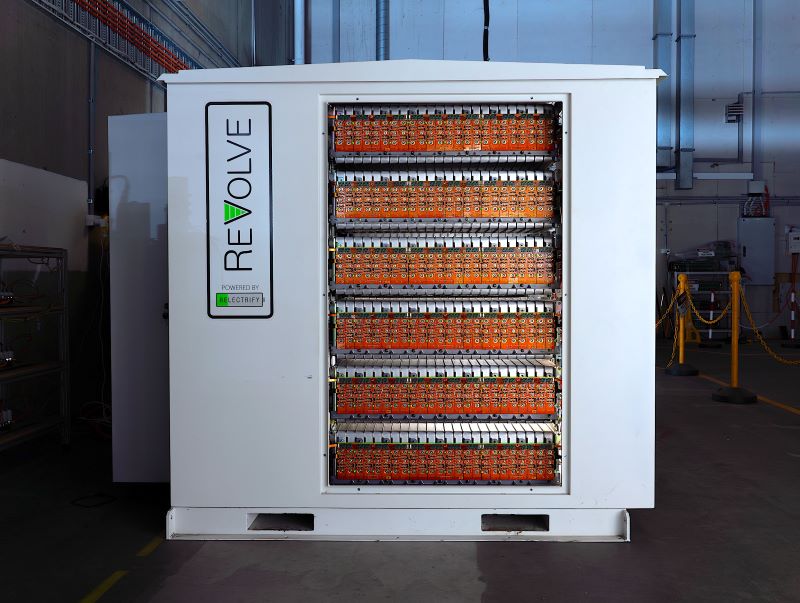
Relectrify’s patented CellSwitch™ technology replaces the conventional battery management system and electrical connections between cells with a pack with electronics and software that control every individual cell in the system. Algorithms intelligently include cells in the circuit to produce grid-compliant alternating current directly from the battery pack. This renders the inverter (or power conversion system) of conventional systems obsolete, eliminating a substantial part of the system to reduce complexity, size and cost.
“At the same time, by individually managing each cell, our technology increases the amount of energy that can be extracted from the system over time, increasing operational life by as much as 30% and improving safety, reliability and uptime,” adds Shepherd.
This game-changing technology has twice earned Relectrify a place in the Global Cleantech 100, most recently in 2024. The business was also recognised as Asia-Pacific’s leading Cleantech Company in 2022. The potential of its technology to support a global transition to renewable energy is straightforward. Through improvements in longevity and throughput, CellSwitch improves the economics of battery storage systems. This is combined with the lower system and operating costs arising from the smaller footprint and higher reliability – creating meaningful improvements in the business case for battery energy storage systems.
“Better economics accelerates the deployment of energy storage, which is crucial to managing the variability inherent in renewable generation sources like wind and solar, and thus accelerates the transition to electricity grids dominated by renewables,” explains Shepherd.
Melbourne’s engineering talent
According to Shepherd, the talent pool of technologists and engineers in Australia is unique in its combination of diverse global talent and individuals with extremely broad experience – and Melbourne is the exemplar of this phenomenon.
“It is distinct from places like Silicon Valley or Bangalore where the majority of great engineering talent can become deeply specialised very quickly and, in my opinion, can sometimes limit the innovation possible from small teams, where breadth of thinking is highly valuable,” he believes.
“Relectrify has absolutely leveraged this to our advantage. I think a major reason for this in Melbourne (and Australia more broadly) is the quality of our technical research and teaching institutions, which attract talent from around the world. We have close relationships with most of the universities in Melbourne and their related research programmes – Deakin, RMIT and Melbourne University are particularly important partners for us,” Shepherd adds.
The company has also benefitted from the steady stream of global talent seeking to migrate to large Australian cities like Melbourne, which is internationally regarded for liveability and quality of life. Finally, the city’s strong commitment to renewable energy initiatives and its ecosystem of industry partners, globally active customers and stakeholders continues to create a conducive environment for Relectrify to thrive and make a meaningful impact.
As the company scales its tech, Shepherd hopes to see the local council leverage Australia’s recently announced Future Made in Australia Act. The act seeks to catalyse the growth of disruptive climate tech companies and renewable energy businesses via increased foreign investment in Australian manufacturing.
“I believe this is essential for us to be able to tackle climate change at the necessary speed, at the same time as building a resilient, prosperous and globally competitive economy,” he concludes.


